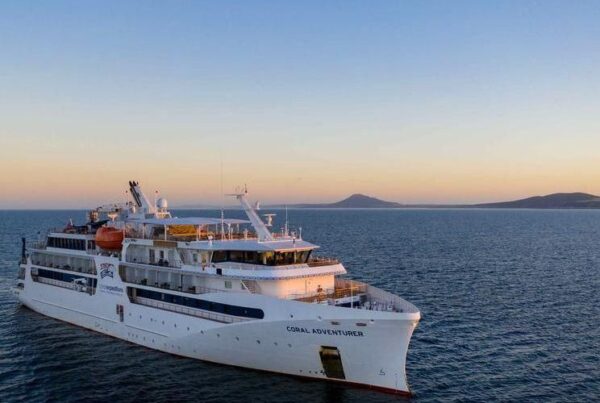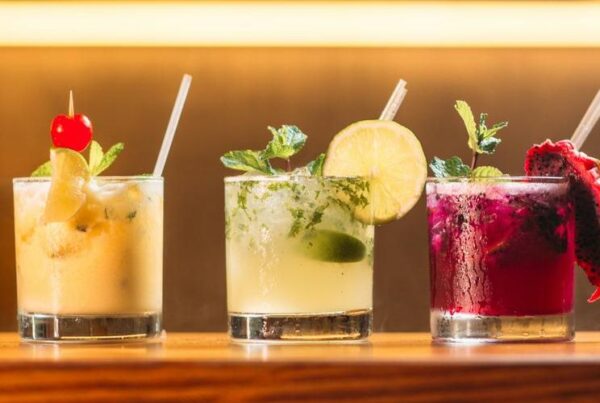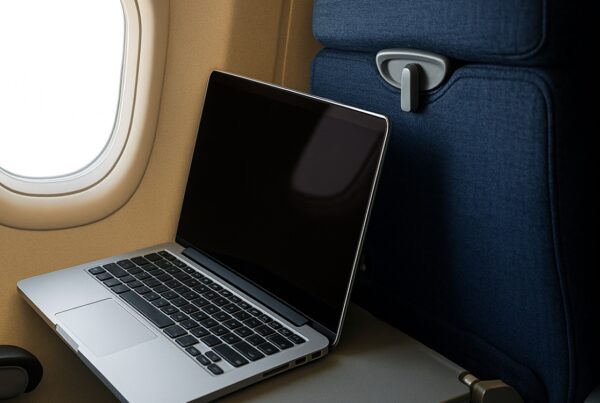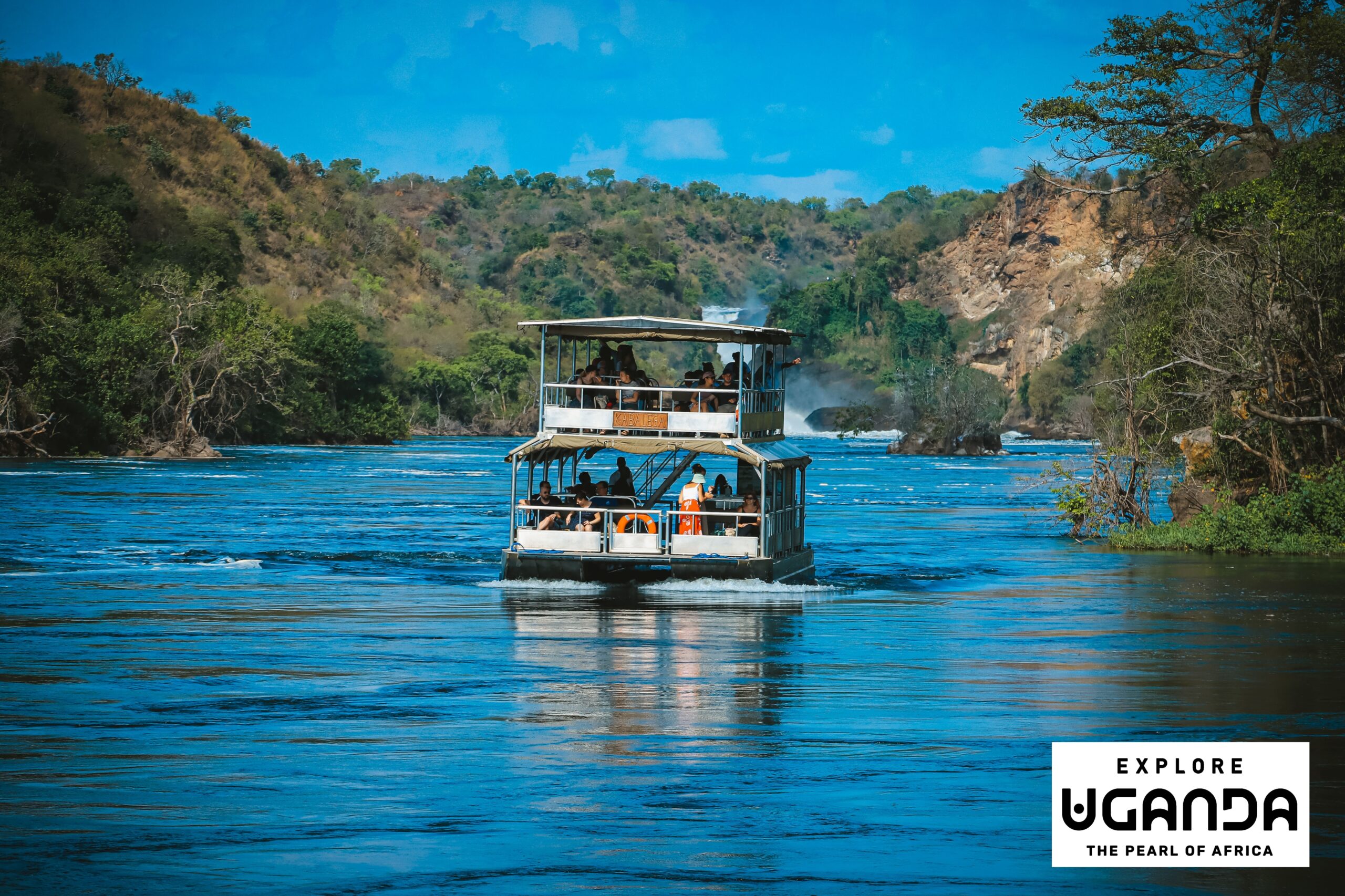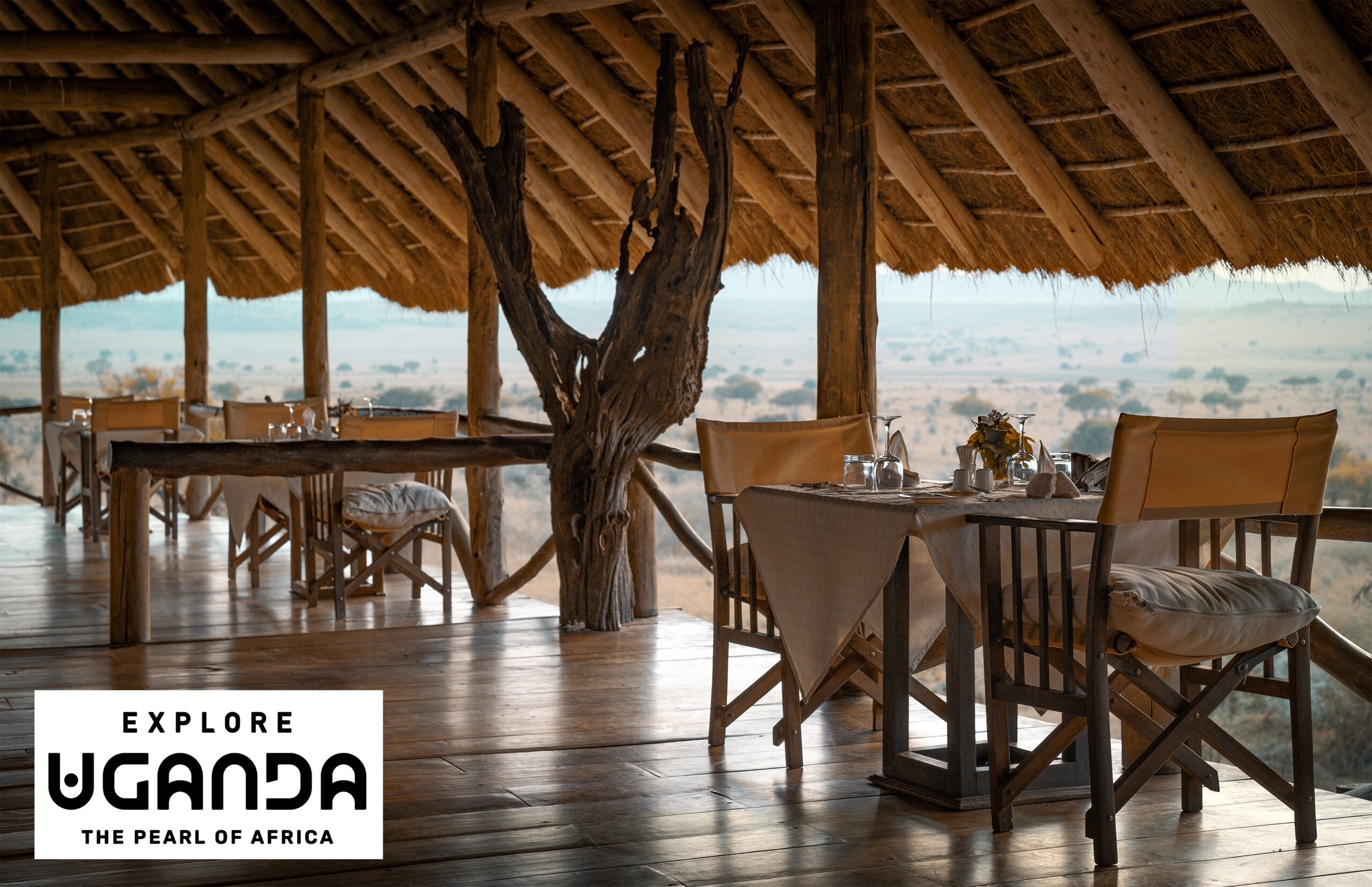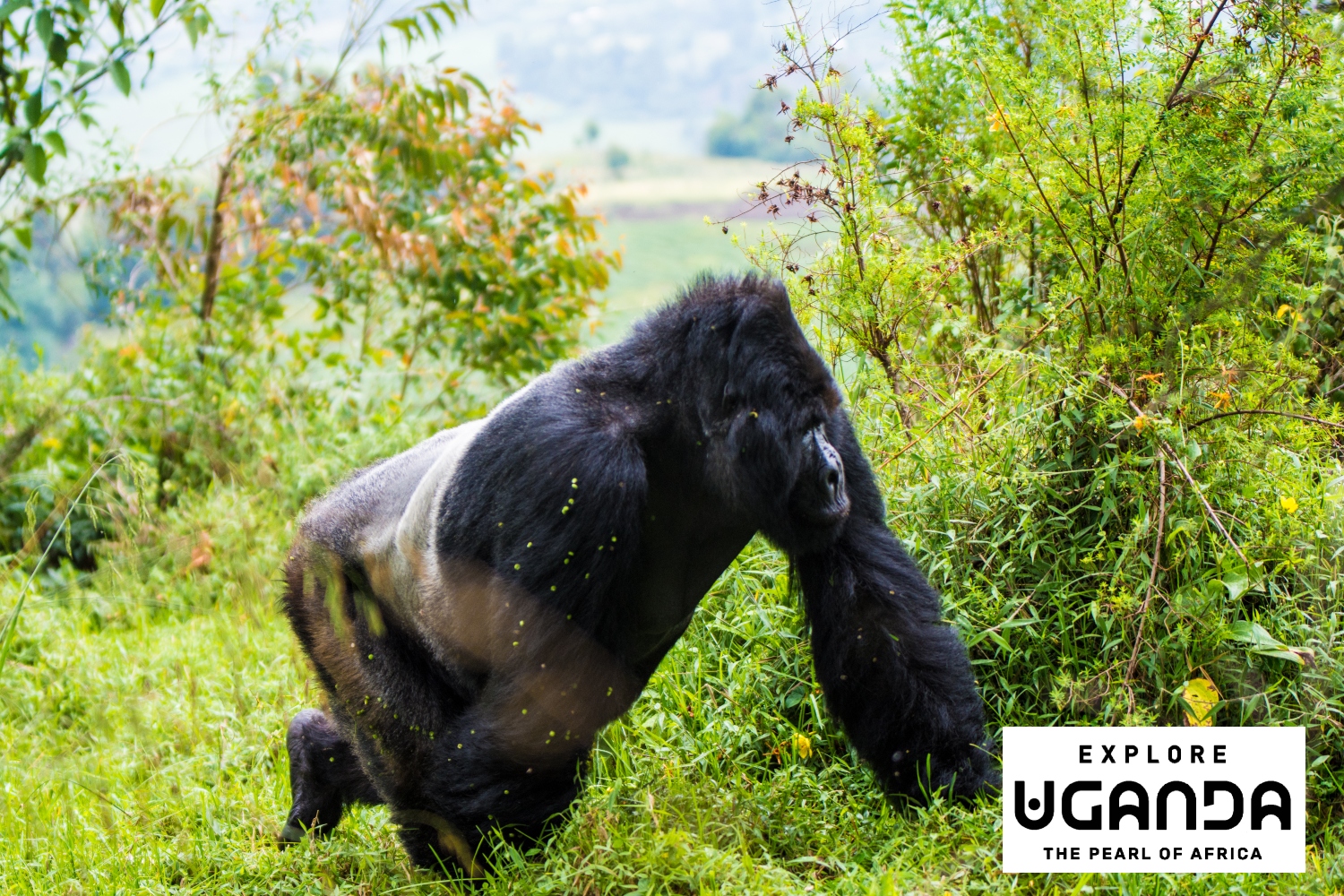AUSTRALIA CONTINUES to be a vitally important international market and travel agents are valued more than ever. Those were the key messages from Datuk Musa Yusof, Deputy Director General Tourism Malaysia, in an interview with Traveltalk.
Mr Yusof was in Australia as part of an industry sales mission which visited Sydney, Melbourne and Adelaide.
At its peak, Malaysia welcomed some 700,000 Aussies a year to the country. This year it is hoped that 273,000 tourists from Down Under will arrive, which is 72 per cent of pre-pandemic levels.
During COVID, we never stopped selling Malaysia: we were just selling it differently. Now we are keeping the message out there that Malaysia is still around as a destination, said Mr Yusof.
We need to make a noise in the market because you know what they say, out of sight out of mind.
Tourists have been keen to return to Malaysia, with international arrivals hoped to hit 18 million this year. Officials expect to hit pre-pandemic levels by 2025.
We are also targeting to woo more than 30 million tourists by 2026 as part of Visit Malaysia Year.
We need to constantly update the market here with what’s happening in Malaysia and continue our networking and our collaboration. We need to support those people that are supporting us.
That includes travel agents, with Mr Yusof calling them a vital part of his organisation’s plans moving forward.
The role of travel agencies is complex and evolving. While traditionally seen as a crucial component of the industry, their relevance has been challenged in recent years due to the rise of online travel agencies and the increasing trend of independent travel planning.
Nevertheless, they still play a vital role in several segments of tourism markets, particularly for older travellers or those seeking a more personalised and comprehensive travel experience.
Thus, travel agents are still an integral part of our marketing strategies as they embrace technology and leverage social media, online booking systems and personalised customer service to remain competitive and attract a broader customer base.

Homestay Kuala Klawang
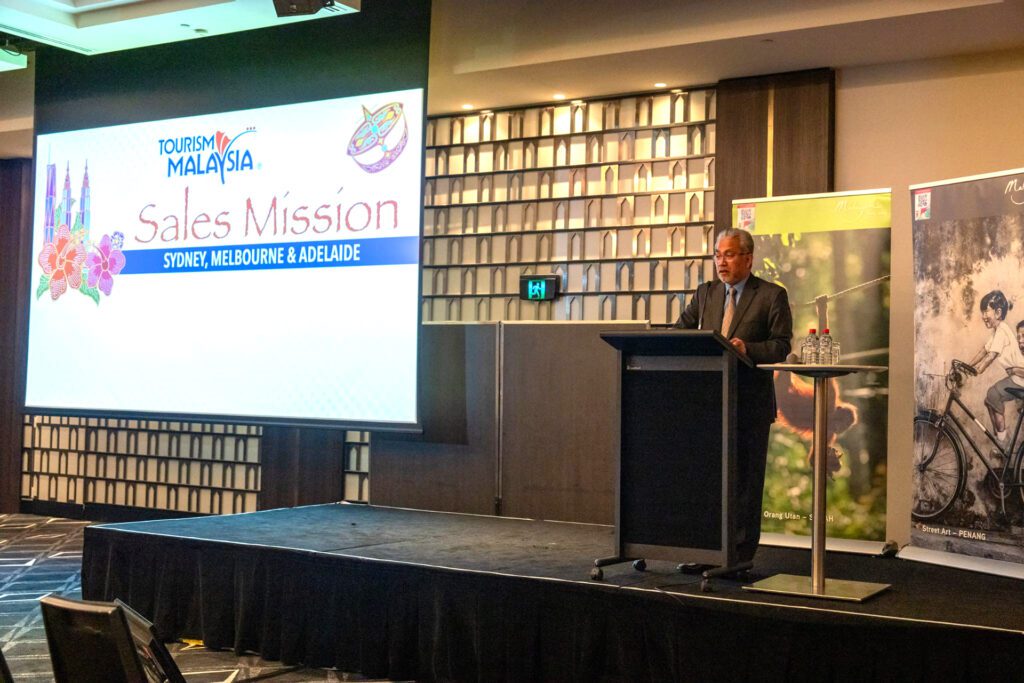
Datuk Musa Yusof, Deputy Director General Tourism Malaysia
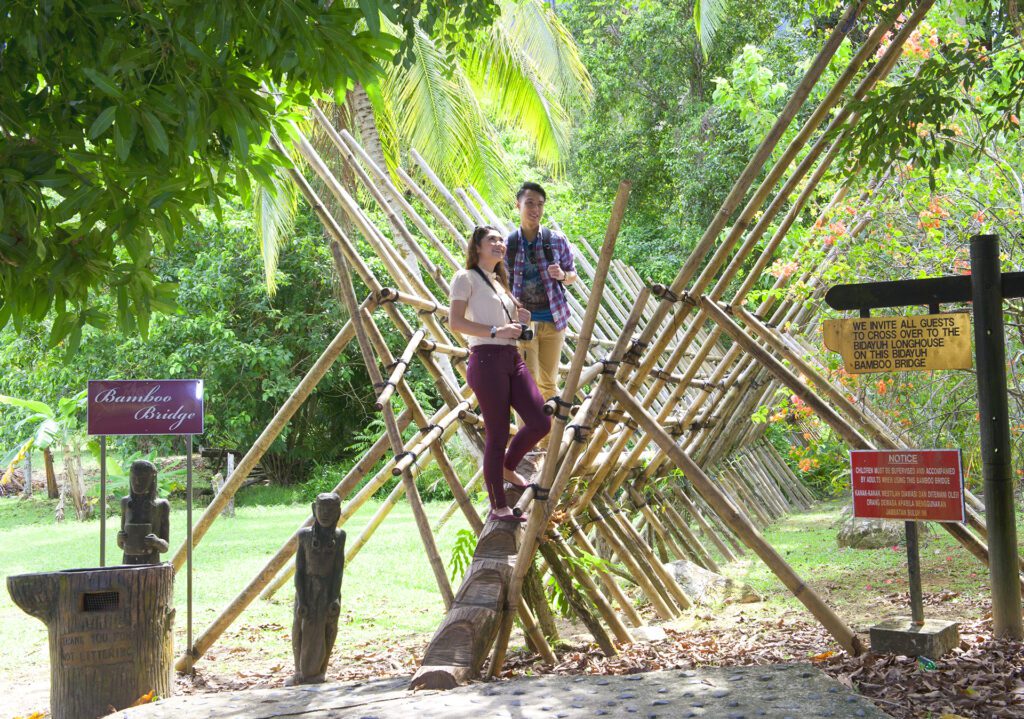
Sarawak Cultural Village
Mr Yusof outlined several areas Tourism Malaysia would be targeting specifically, including diving, sustainable travel and ecotourism, and community-based projects.
The Malaysia Homestay Programme is an example of Malaysia’s sustainable tourism initiative.
Through this programme the local communities participate directly, contributing and generating income through their businesses while introducing the local culture to the rest of the world.
We are also highlighting more creative rural and community-based tourism packages that allow travellers to get up close and personal with the locals and experience the authentic Malaysian way of life through foods, cultures, festivals, rituals and daily routines.
Mr Yusof highlighted the chance to sample local life at the Sarawak Cultural Village or enjoy one of the world’s longest tree-based walkways at the Mulu National Park’s rainforest canopy skywalk.
While challenges and uncertainties remain, the future looks bright as there is a pent-up demand for travel.
The ongoing effort to ensure safety will lead to a gradual resurgence of the global travel industry together with an economic rebound.
We remain optimistic about the recovery and growth of tourism in Malaysia.

